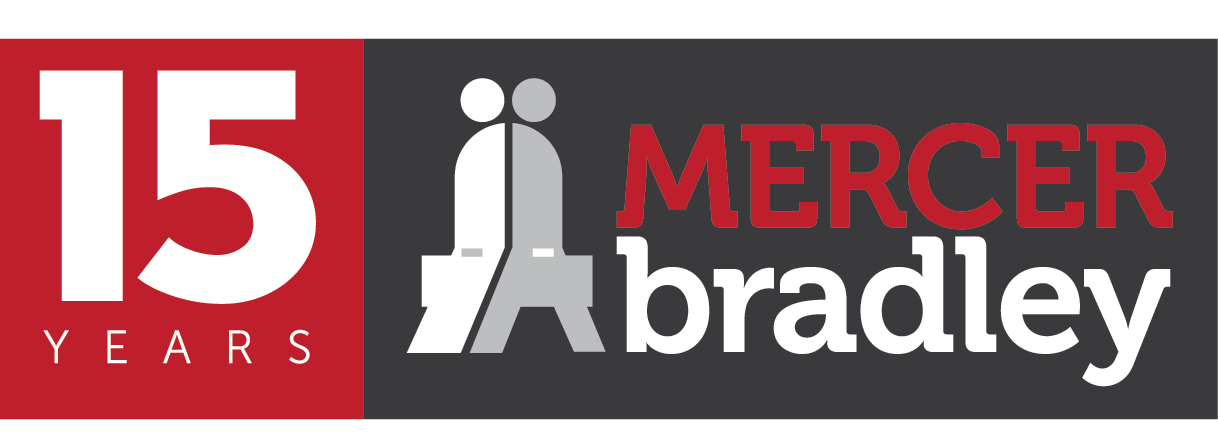Throughout your accounting career, you need to exhibit both soft and hard skills. You want the technical savvy and interpersonal skills to continue advancing professionally.
1) Examples of Soft Skills
Soft skills are less tangible and harder to qualify than hard skills. Like hard skills, soft skills may be enhanced over time. For example, business acumen may be developed by learning as much as you can about your company’s long-term goals and challenges, then asking for cross-departmental assignments and project management opportunities. Leadership skills may be enhanced by asking to take on a new project or fill in for a manager. Written and verbal communication may be developed by telling the story behind the numbers in a manner that non-financial individuals understand. Relationship building may be cultivated by fostering genuine relationships with coworkers in all departments. Intellectual curiosity may be enhanced by taking advantage of trainings offered by your company, attending seminars or conferences, earning an accounting certificate, degree or designation, or participating in a professional organization.
2) Examples of Hard Skills
Hard skills are specific, defined, measurable and teachable abilities. They may be learned in school or through books and verified by earning a professional certificate, university degree or accounting designation. There typically are designated levels of competency and a set path for excelling. The rules remain the same no matter which business or circumstances you are in at a given time. Examples of hard skills include proficiency in using accounting software programs, knowing how to prepare and interpret financial statements and other reports, developing efficient financial reporting methods, and planning and implementing accounting controls. Other examples include collaborating with regulators and external auditors, remaining current on accounting issues and changes in industry regulations, and strictly adhering to regulations, procedures and practices.
3) Importance of Soft and Hard Skills
Because of increasing expectations for accountants, possessing a variety of soft and hard skills is imperative. Although technical expertise can easily be assessed and trained, soft skills are needed to meet both company and client needs. Many accountants serve as strategic advisors, collaborate with various departments or work with external contacts. At the senior level, accountants are expected to build influence across the organization, communicate with internal and external stakeholders, and serve as business partners.
Reach Out to Mercer Bradley
For help finding an job in the Western Canada accounting industry, reach out to Mercer Bradley!





Rebecca Gardner
It was helpful when you explained that accountants need hard skills such as the ability to use software programs efficiently. My sister is thinking about hiring an accounting service for her small retail business so she can focus her time on improving her products and customer service. I’ll send her this article so she knows what to look out for when reaching out to accounting services in her area.
Rebecca Gardner
It made sense when you said that good accountants need to take time to develop their leadership skills in addition to their communication. Now that I think about it, these soft skills must be especially important for CPAs involved in financial litigation matters since they may have to testify for their clients. Your article had thorough information about the skills needed for accounting, so thanks for taking the time to share.
Akounto
Thanks for sharing informative information and how they help manage your financial operations. I truly agree why anyone needs soft and hard skills in accounting and bookkeeping.
Claire Masters
It’s interesting to know that business accountants are really an important element in this digital world since they could interact with different sectors to offer you a guided strategy. If I would own a business, I would really understand how they can help grow my foundation in putting up a business. So, business owners should really start getting in touch with them so they could manage their finances as well.